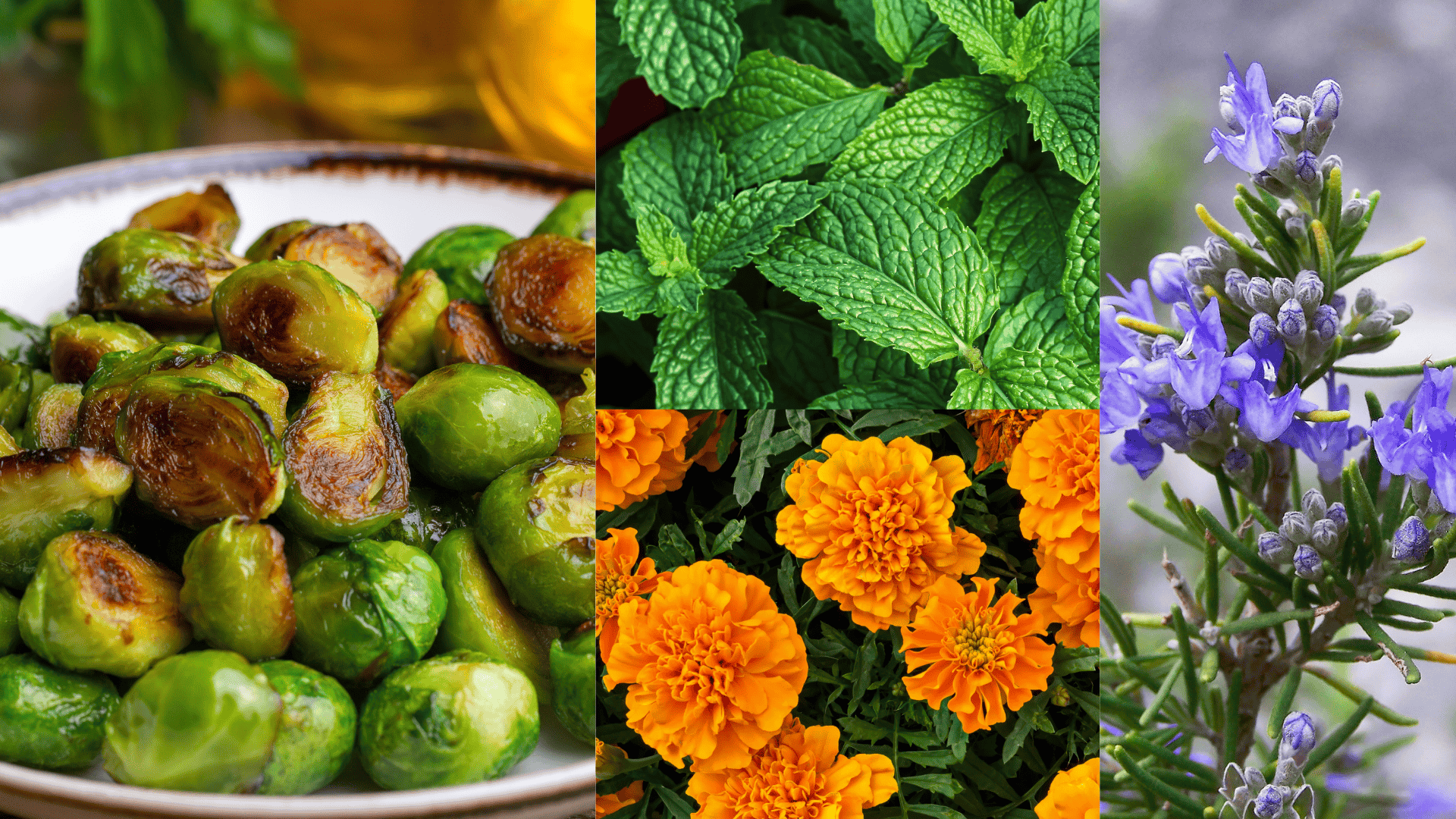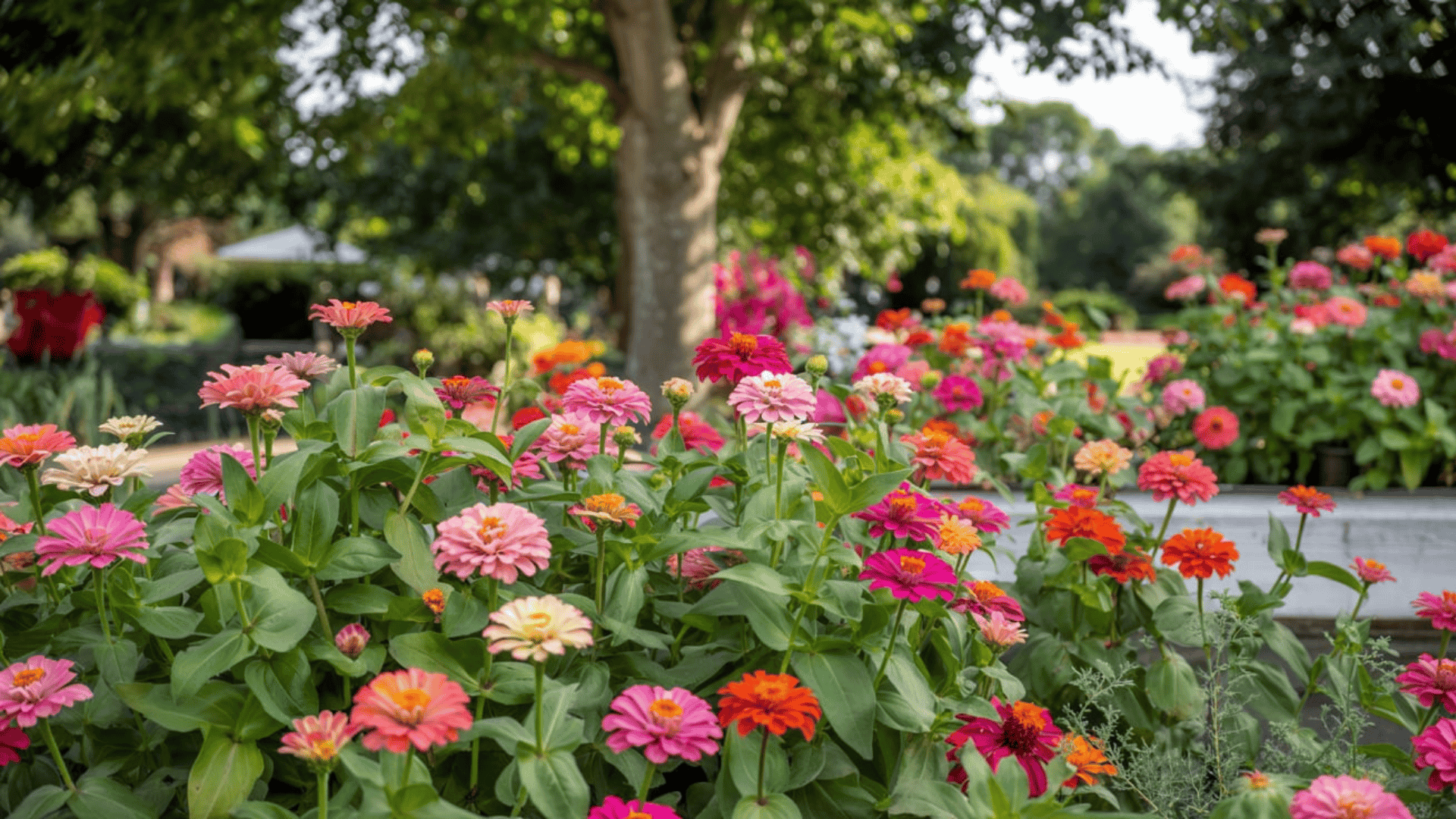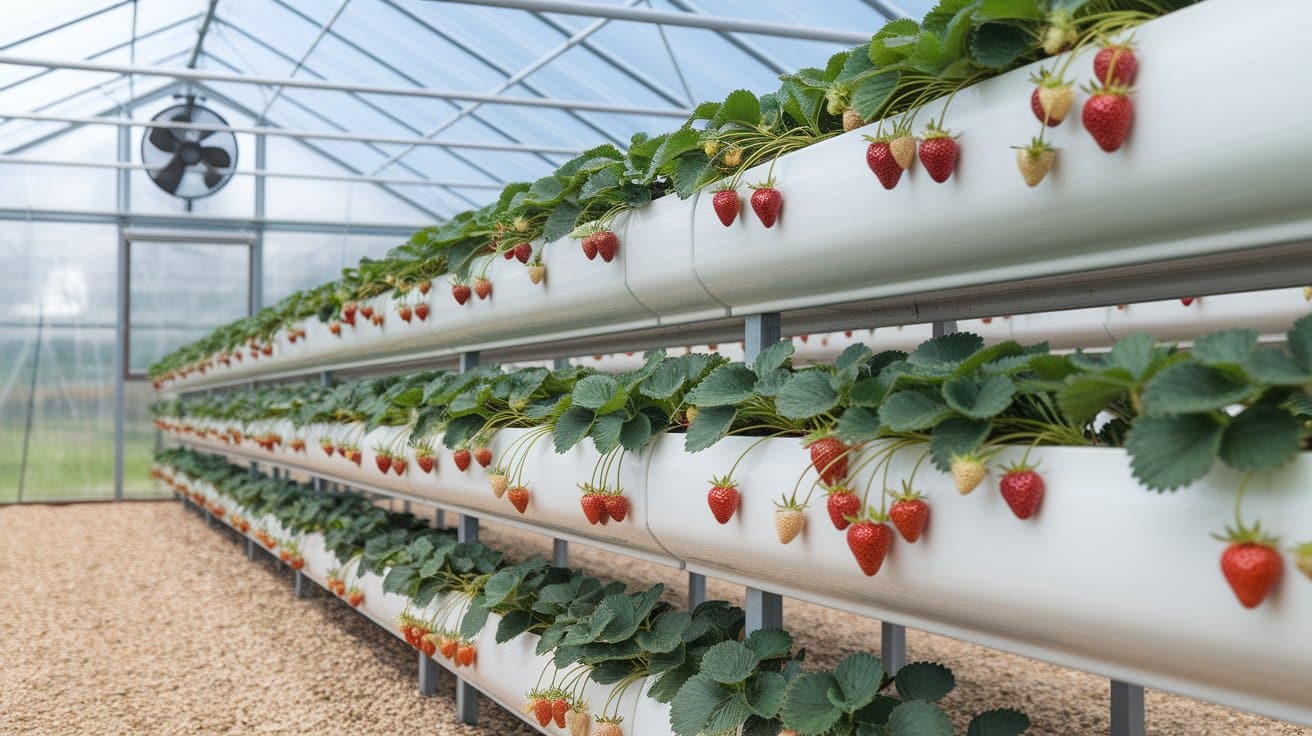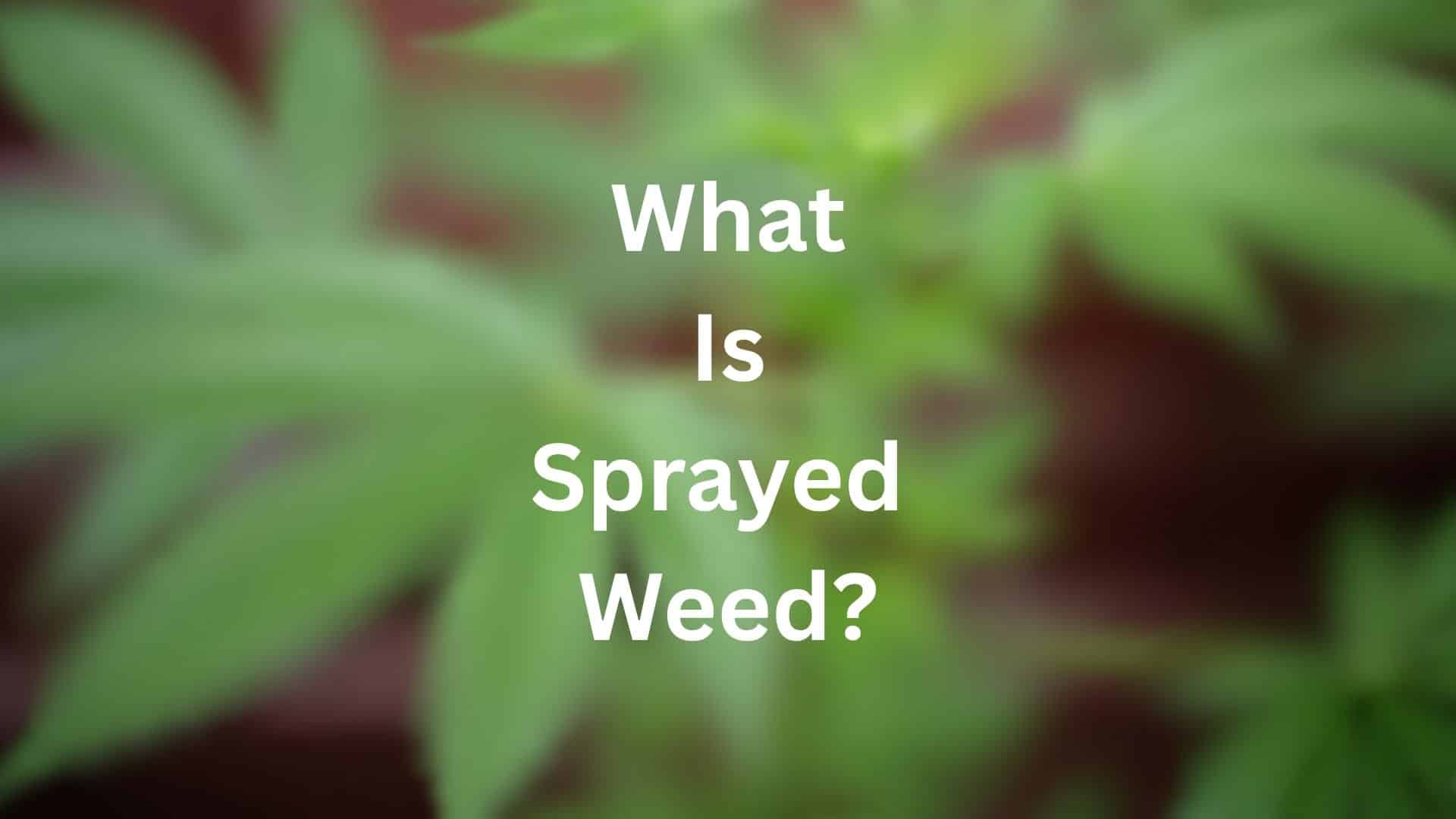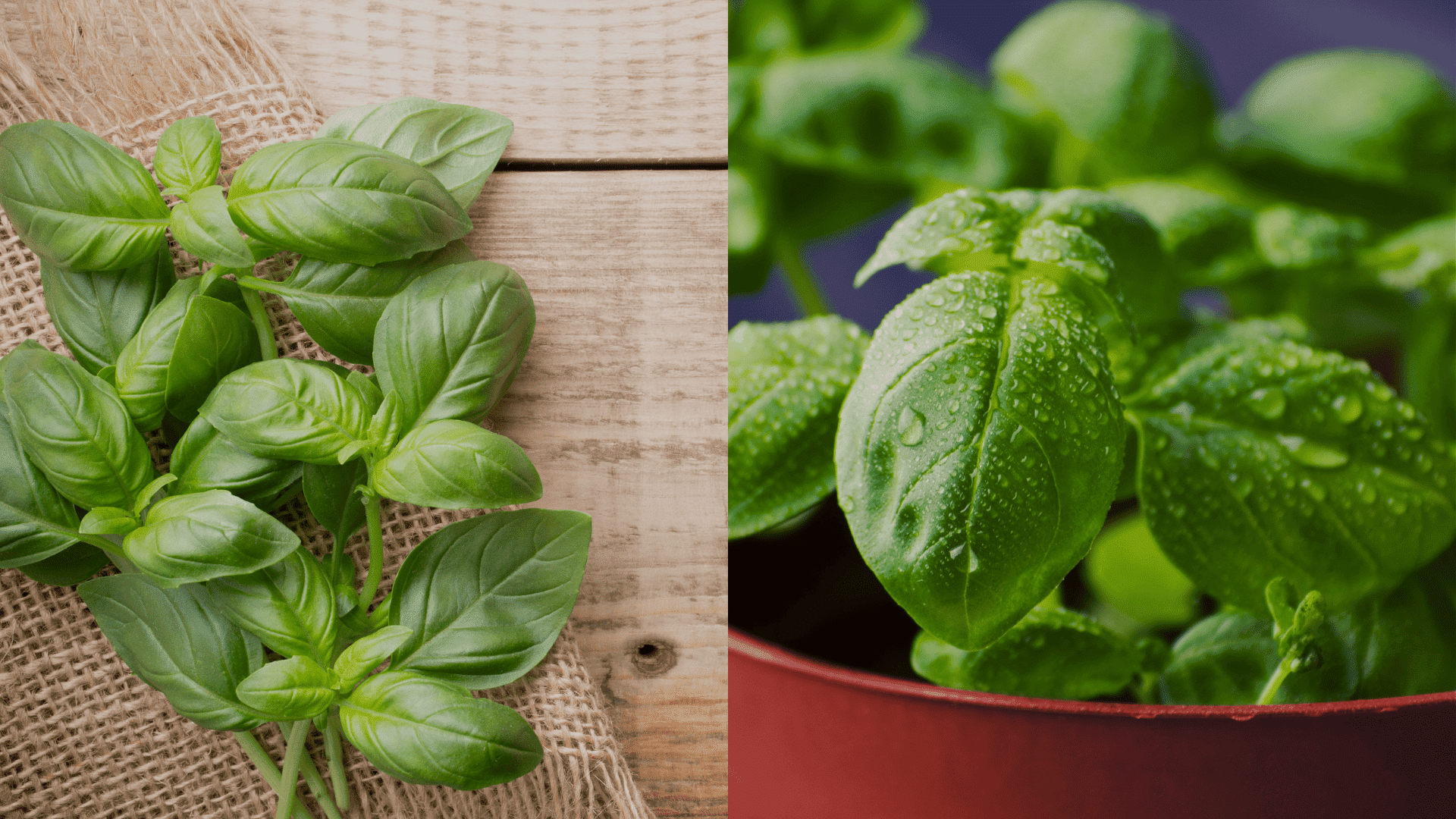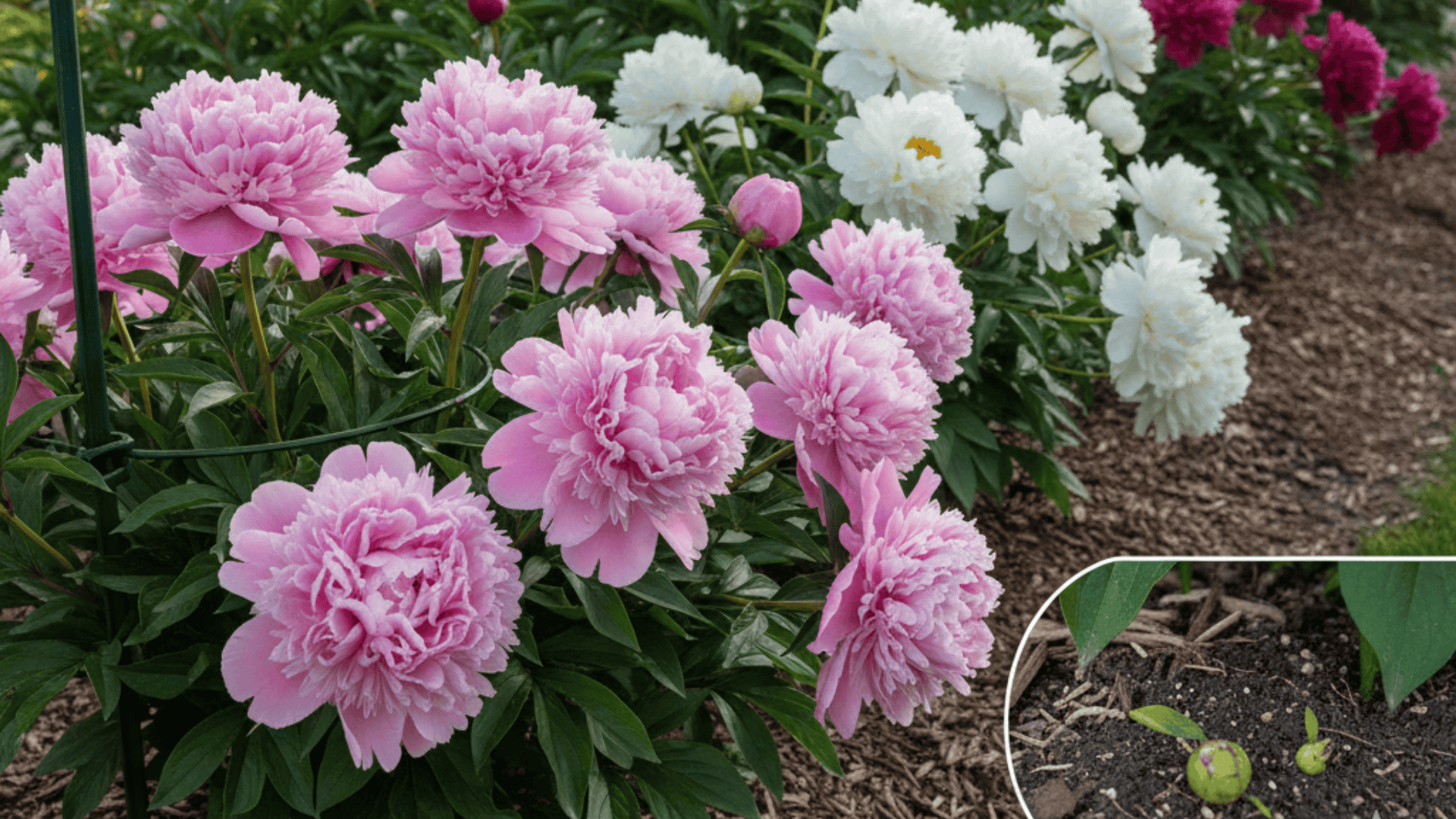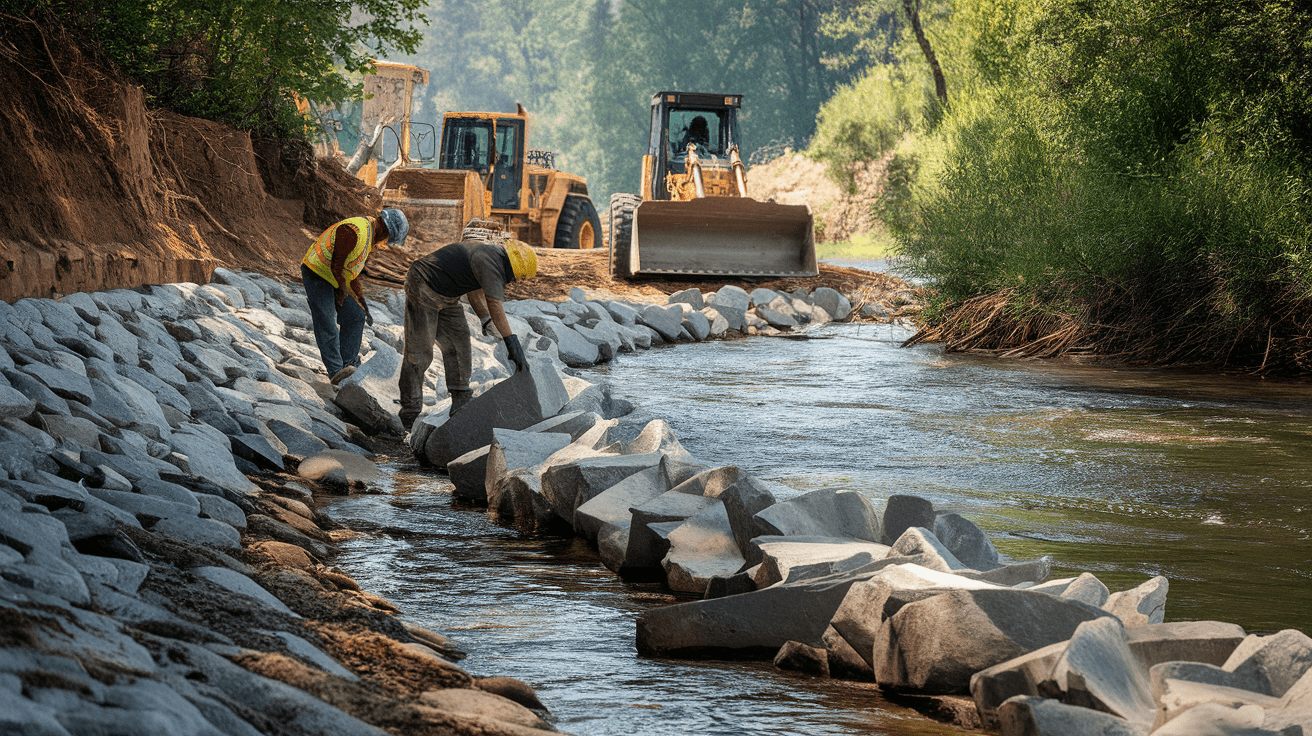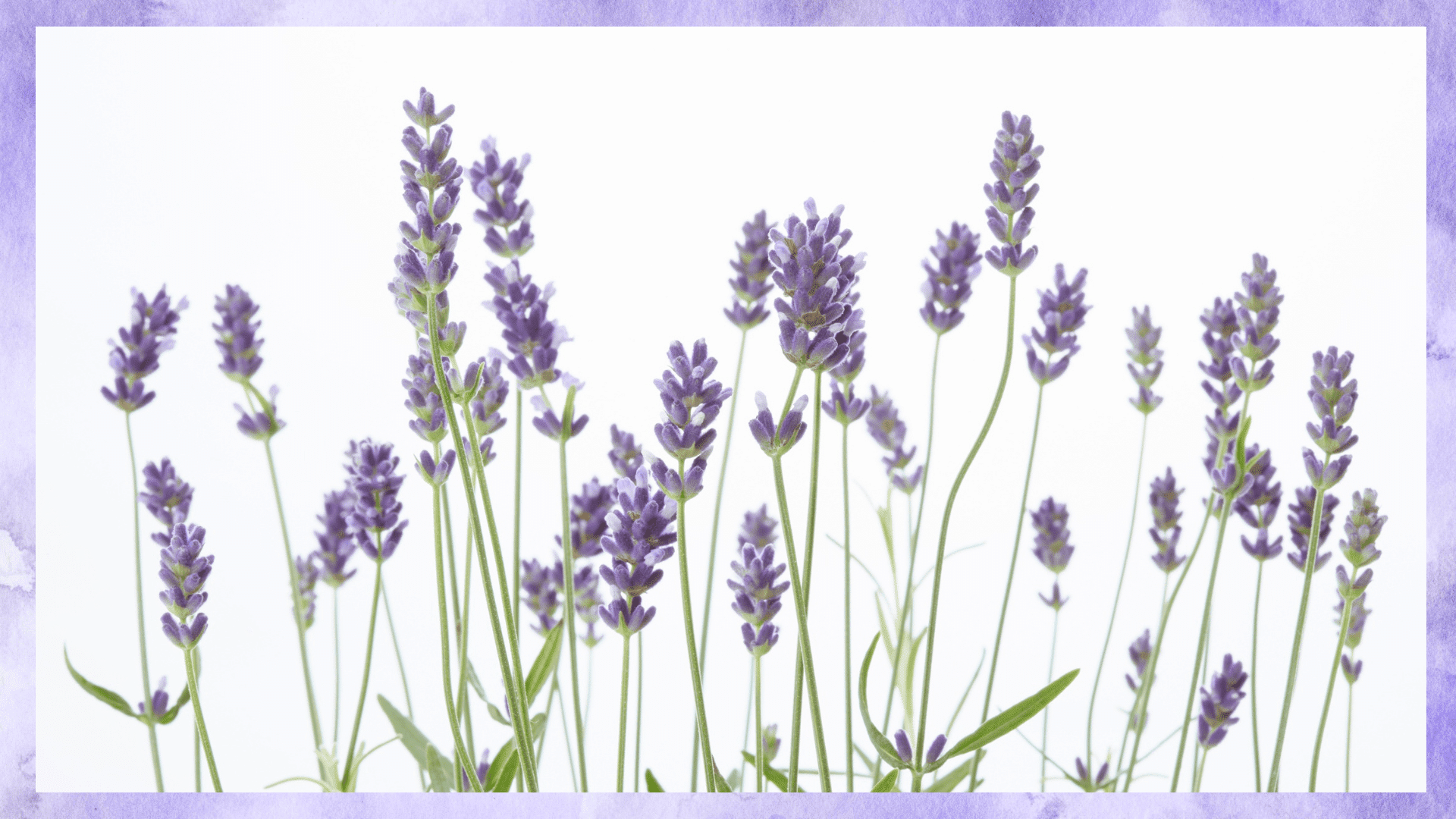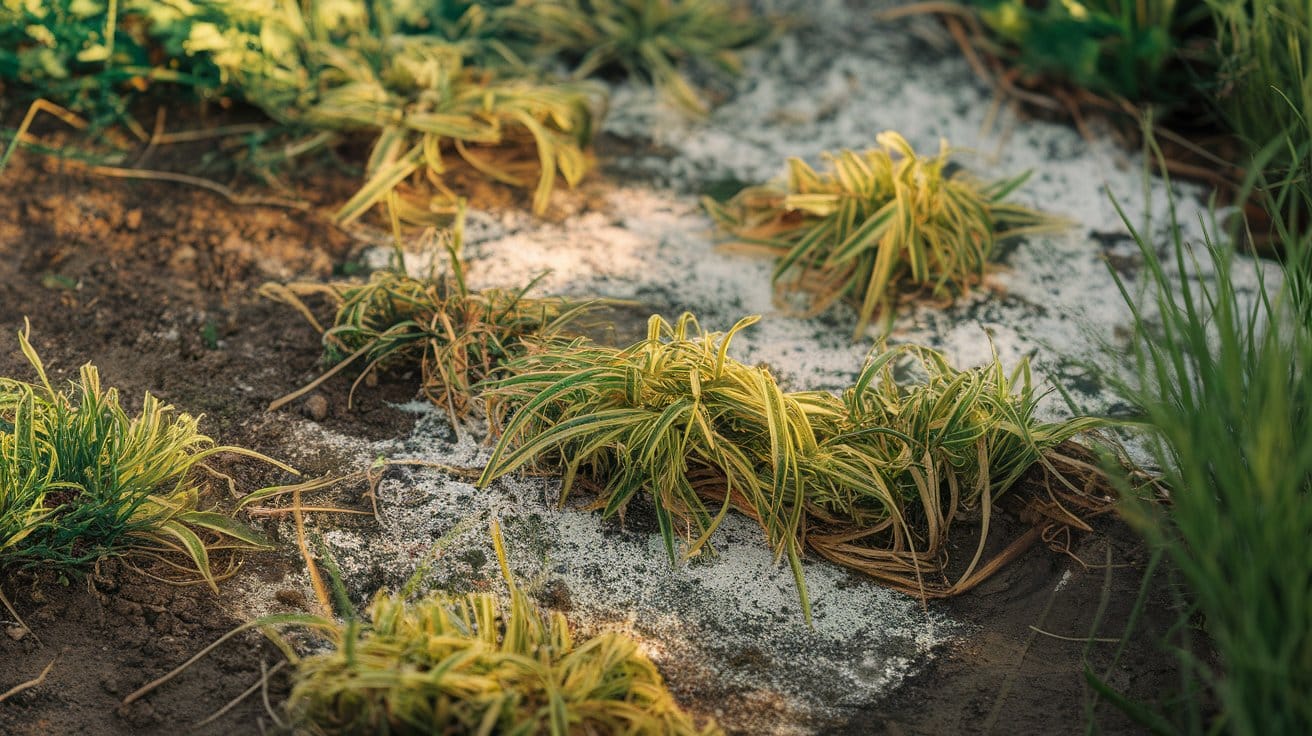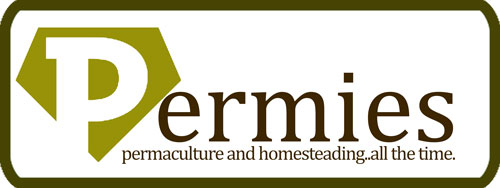Want bigger, healthier Brussels sprouts with fewer pest problems? The secret lies in who grows next to them.
Companion planting with Brussels sprouts creates a natural defense system that keeps harmful insects away while attracting the good ones.
The right neighbors can improve your soil, maximize garden space, and even make your Brussels sprouts taste better.
Some plants repel cabbage worms and aphids. Others add nutrients to the soil or attract beneficial insects that hunt pests.
But choose the wrong Brussels sprouts companion plants, and you might end up with stunted growth or pest infestations.
The difference between success and failure comes down to knowing which plants help and which ones hurt.
What Is Companion Planting?
Companion planting is a gardening method where different plants are grown close together to benefit each other.
While companion plants are simply the specific plants you choose to grow together.
For example, when you plant marigolds near Brussels sprouts, the marigolds become companion plants because they keep harmful bugs away.
Benefits of Companion Planting
Companion planting offers multiple advantages that create healthier, more productive gardens:
- Natural Pest Management: Some plants keep bugs away, so you need less spray.
- Soil Enrichment: Different plants add nutrients that make soil healthier for growing.
- Efficient Space Use: Mix tall and short plants to grow more in limited garden space.
- Beneficial Insect Attraction: Flowers bring in good bugs that eat the bad ones.
- Disease Prevention: Better spacing lets air flow and stops fungus from spreading.
15 Best Brussels Sprouts Companion Plants
The following plants help protect your Brussels sprouts from pests, improve soil quality, and make the most of your garden space.
1. Dill
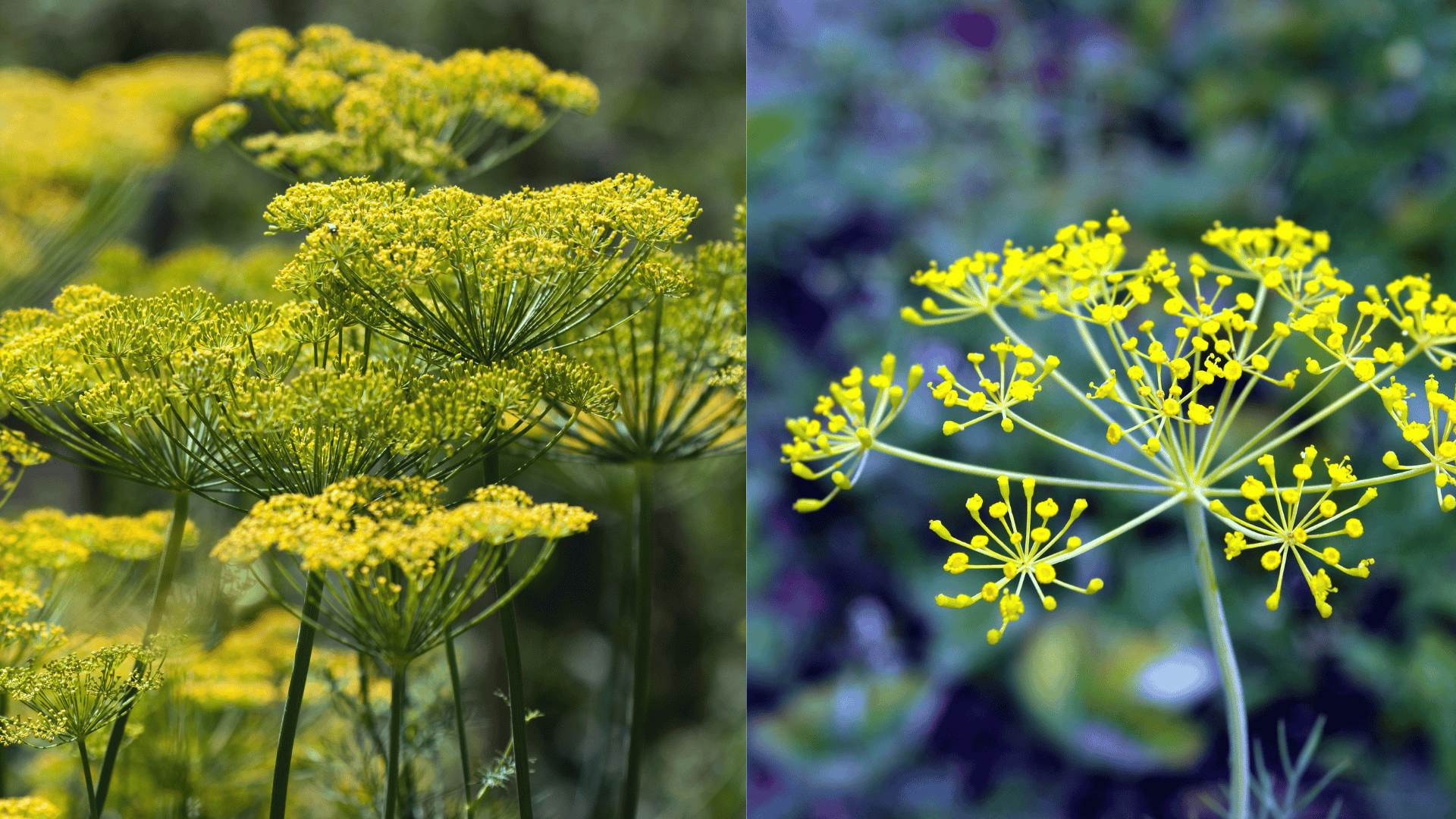
Dill brings in helpful insects like ladybugs and parasitic wasps that hunt down aphids and cabbage worms.
These pests often damage Brussels sprouts, so having natural predators nearby keeps your plants healthier.
It also attracts syrphid flies, whose larvae consume hundreds of aphids during their development.
Planting Tip: Plant dill around the perimeter of your Brussels sprouts patch for best results.
2. Chamomile
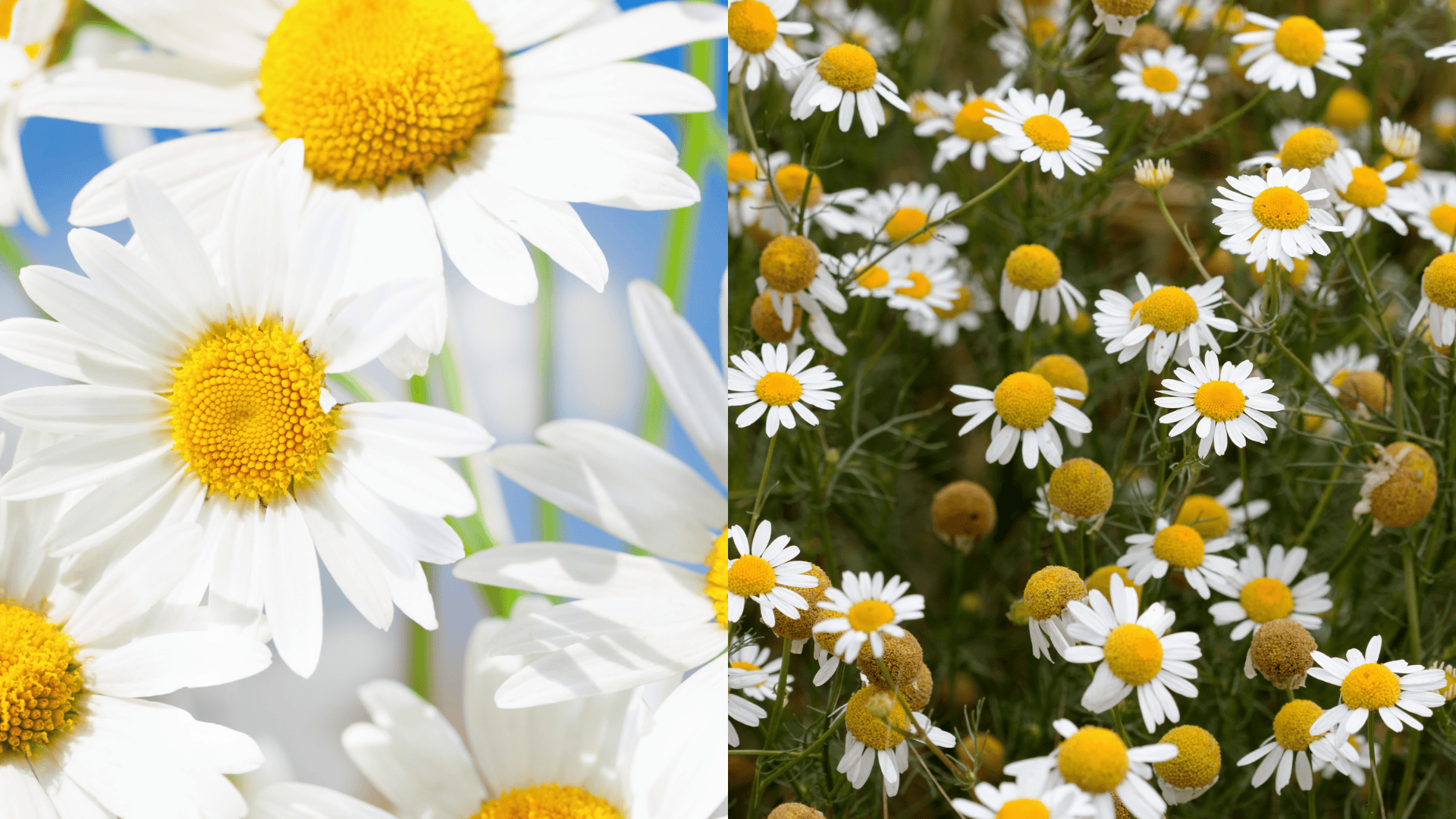
This gentle herb improves the flavor of nearby vegetables while deterring flying insects.
Chamomile also accumulates calcium, potassium, and sulfur in its tissues, which enriches the soil as it decomposes.
Planting Tip: Intersperse chamomile between Brussels sprout rows.
3. Mint
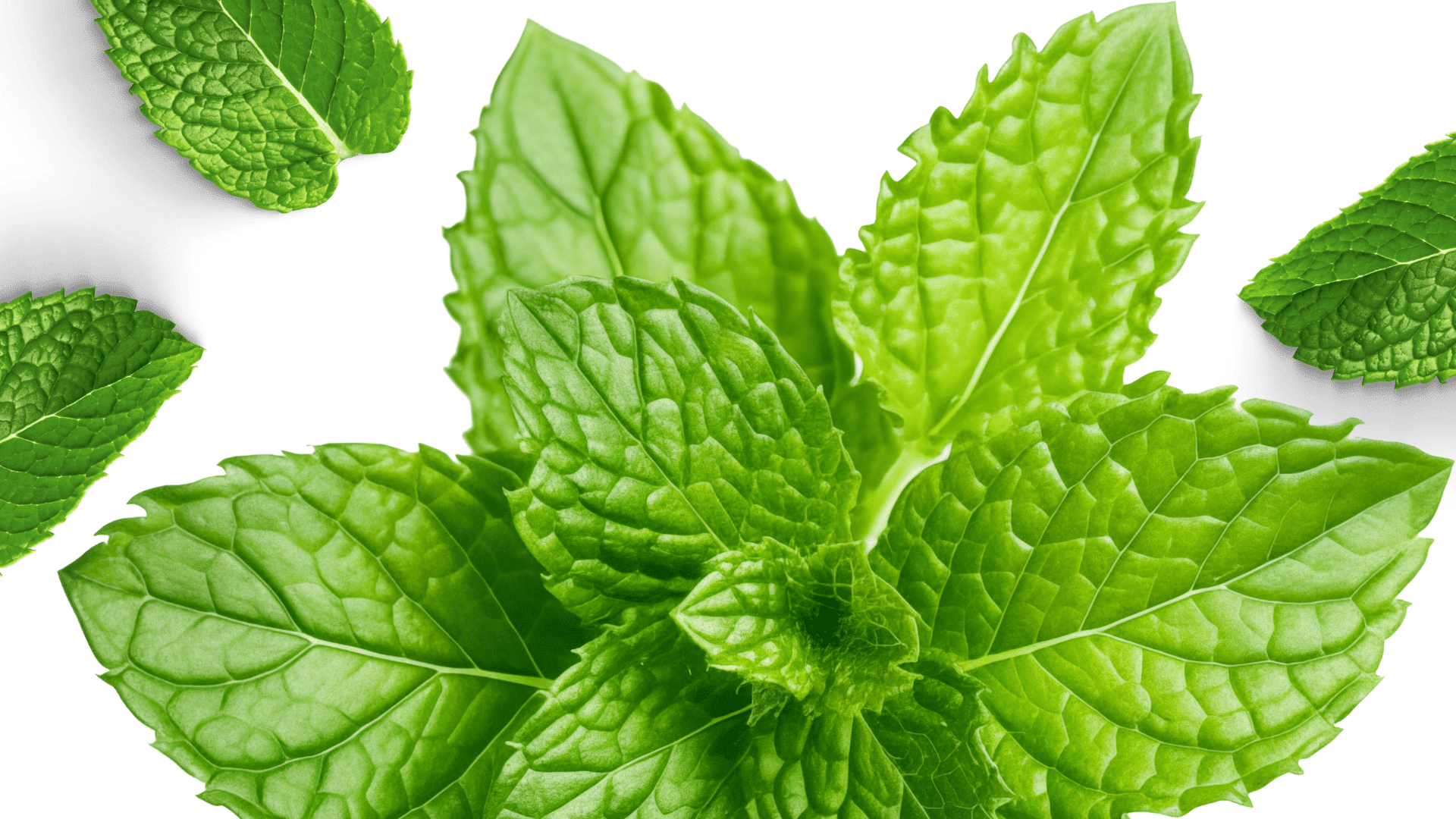
Mint has a powerful smell that confuses flea beetles, aphids, and cabbage moths, keeping them off your Brussels sprouts.
The strong scent disrupts their ability to locate host plants, providing natural protection throughout the growing season.
Planting Tip: Plant mint in containers near your Brussels sprouts rather than directly in the ground, as it spreads aggressively and can take over garden beds.
4. Thyme
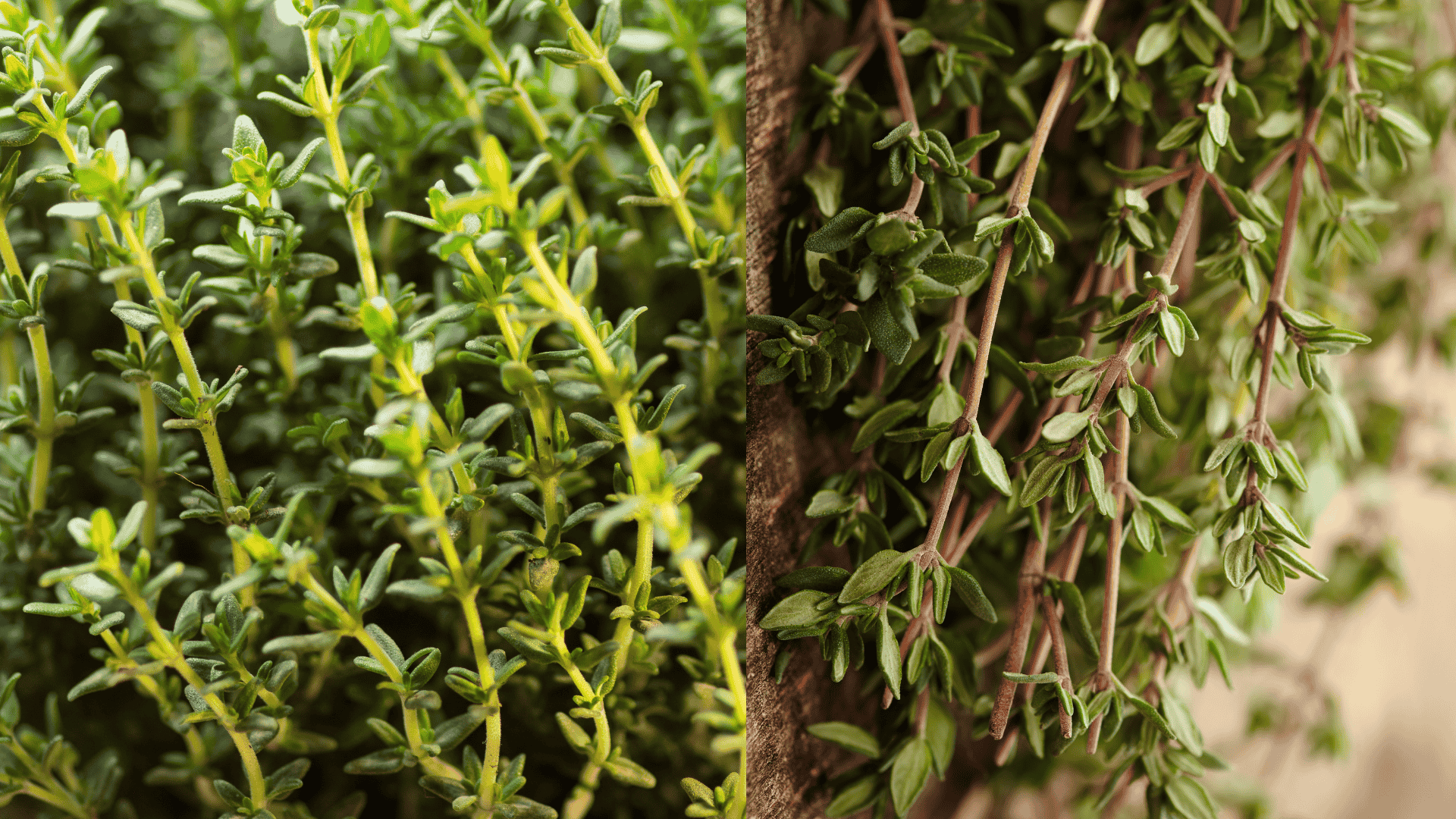
This low-growing herb creates a living mulch that suppresses weeds and retains soil moisture.
Thyme repels cabbage worms and attracts hoverflies, which feed on aphids.
Planting Tip: Tuck thyme in the gaps between larger plants thanks to its compact growth habit.
5. Rosemary
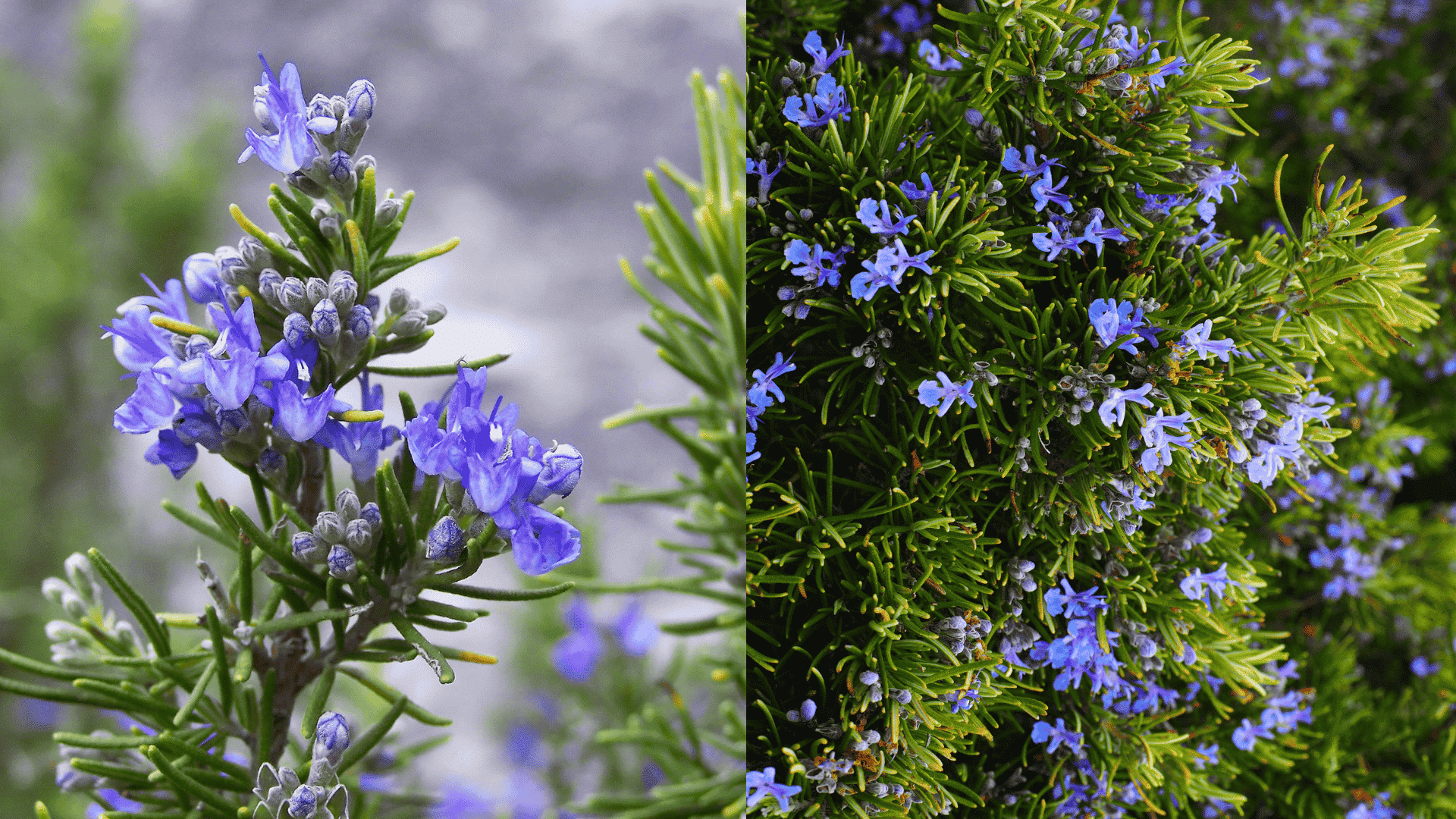
Rosemary’s strong scent hides the smell of Brussels sprouts from bugs.
It works especially well against cabbage moths and carrot flies that would otherwise attack your crop.
Planting Tip: Plant rosemary on the sunny side of your Brussels sprouts where it won’t shade them.
6. Sage
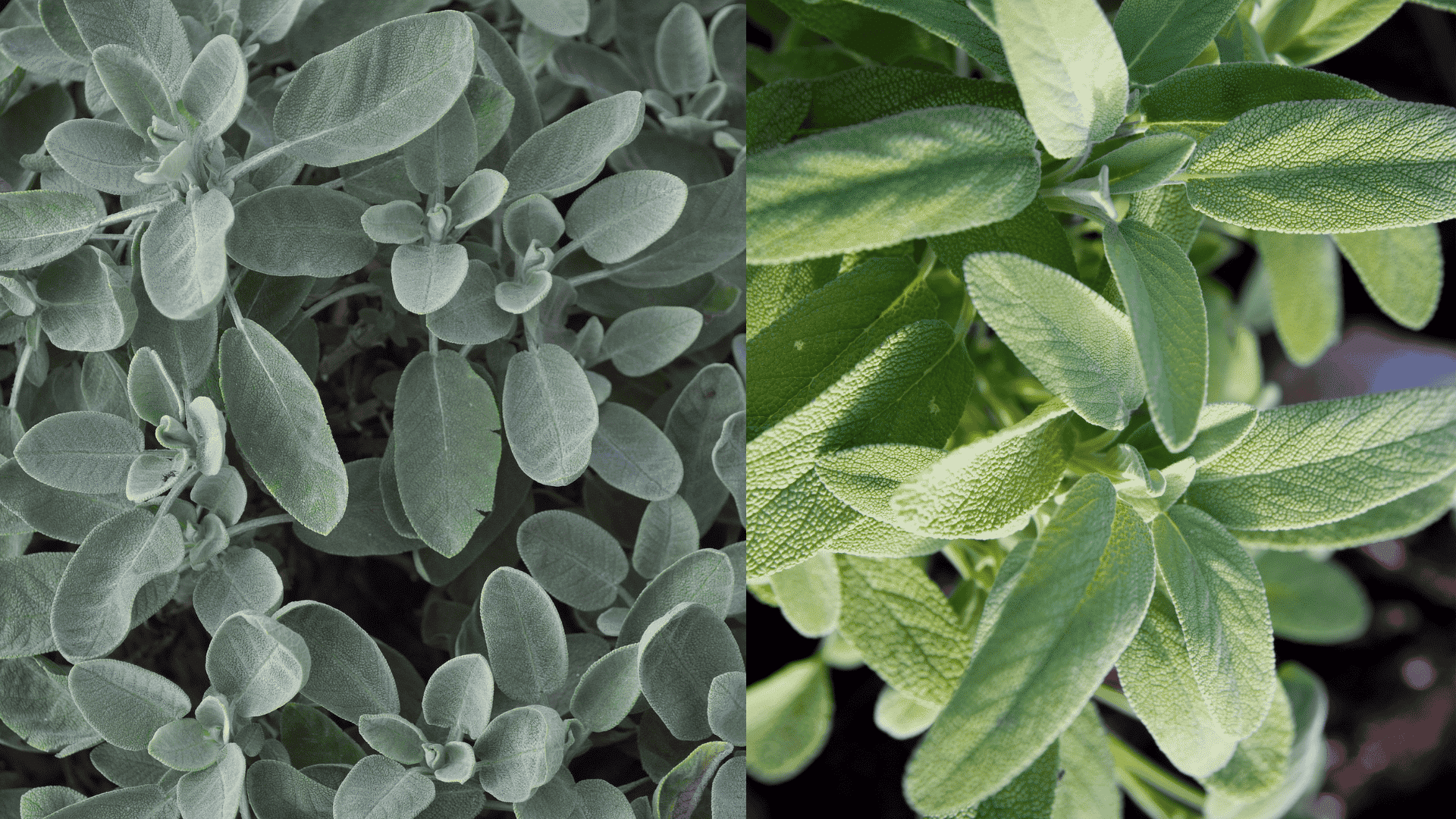
This herb sends cabbage moths, beetles, and carrot flies packing.
It also brings in helpful insects that hunt garden pests, giving your Brussels sprouts double protection.
The aromatic oils in sage leaves create a natural barrier that pests avoid.
Planting Tip: Space sage plants about 18 inches from your Brussels sprouts to give both crops adequate room.
7. Onions
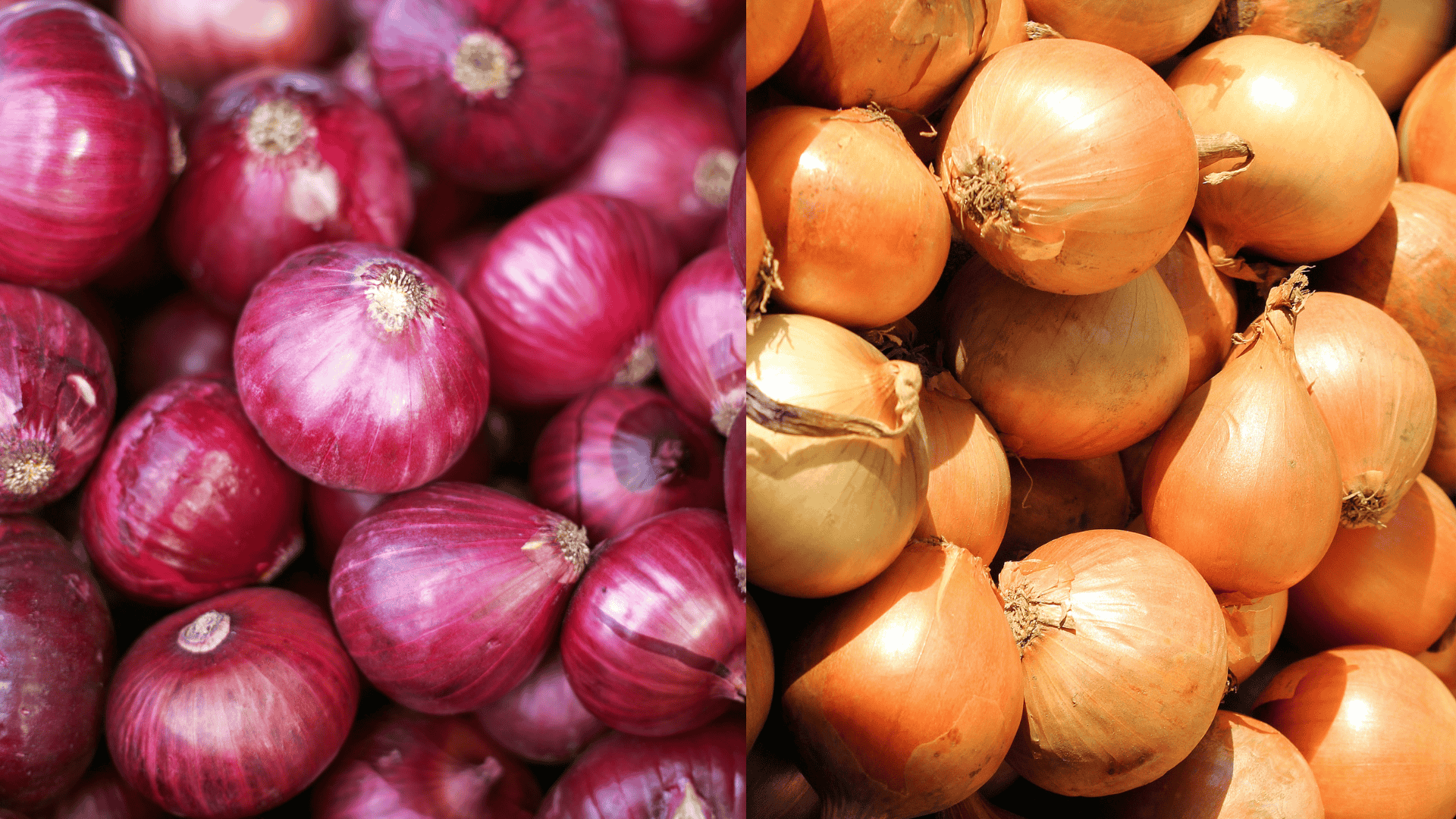
Onions put out sulfur compounds that bugs hate.
Aphids and spider mites stay away, and their tall, skinny leaves won’t steal sunlight from your Brussels sprouts.
This makes them perfect for interplanting without crowding issues.
Planting Tip: Plant onions in alternating rows with your Brussels sprouts.
8. Garlic
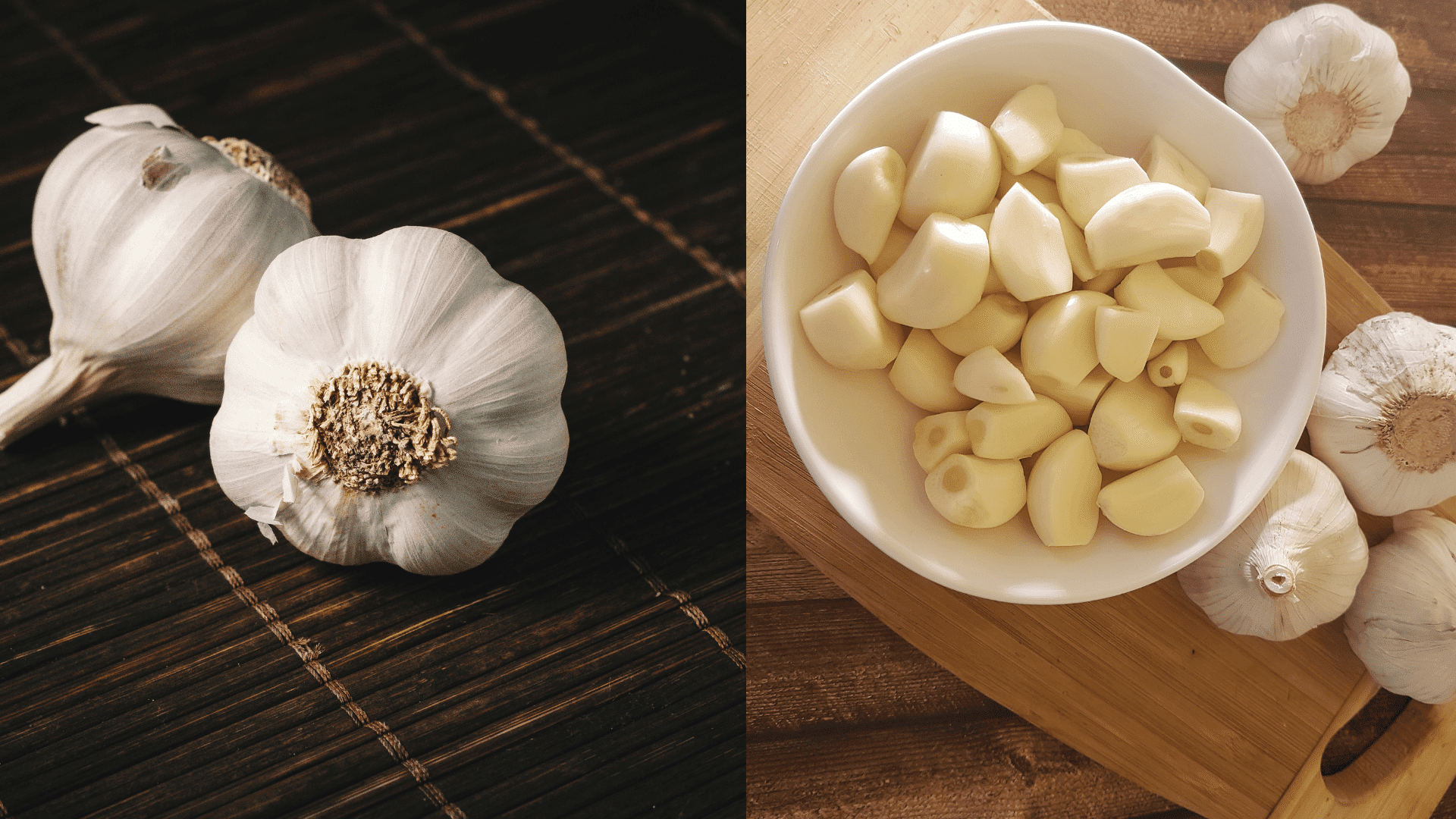
Similar to onions, garlic acts as a natural pest deterrent.
It repels aphids, Japanese beetles, and spider mites while requiring minimal space.
Planting Tip: Tuck garlic bulbs around the base of Brussels sprout plants in fall for a spring harvest.
9. Beets
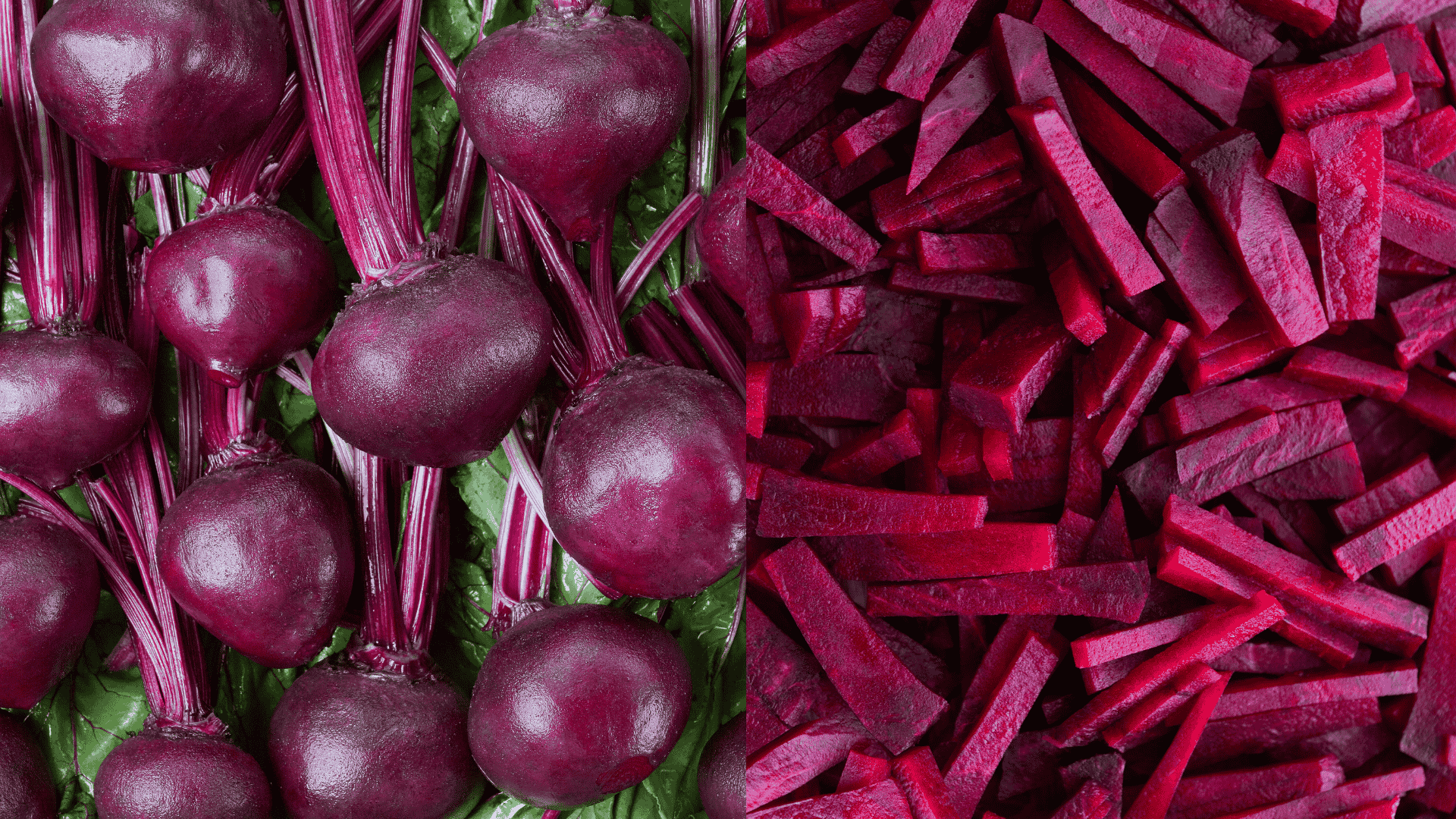
Beets grow shallow roots that don’t fight with Brussels sprouts for space underground.
They add manganese to the soil, which helps Brussels sprouts grow stronger and produce better.
Their quick maturity means you can harvest beets early.
Planting Tip: Fill the open spaces between Brussels sprout plants with beets.
10. Carrots
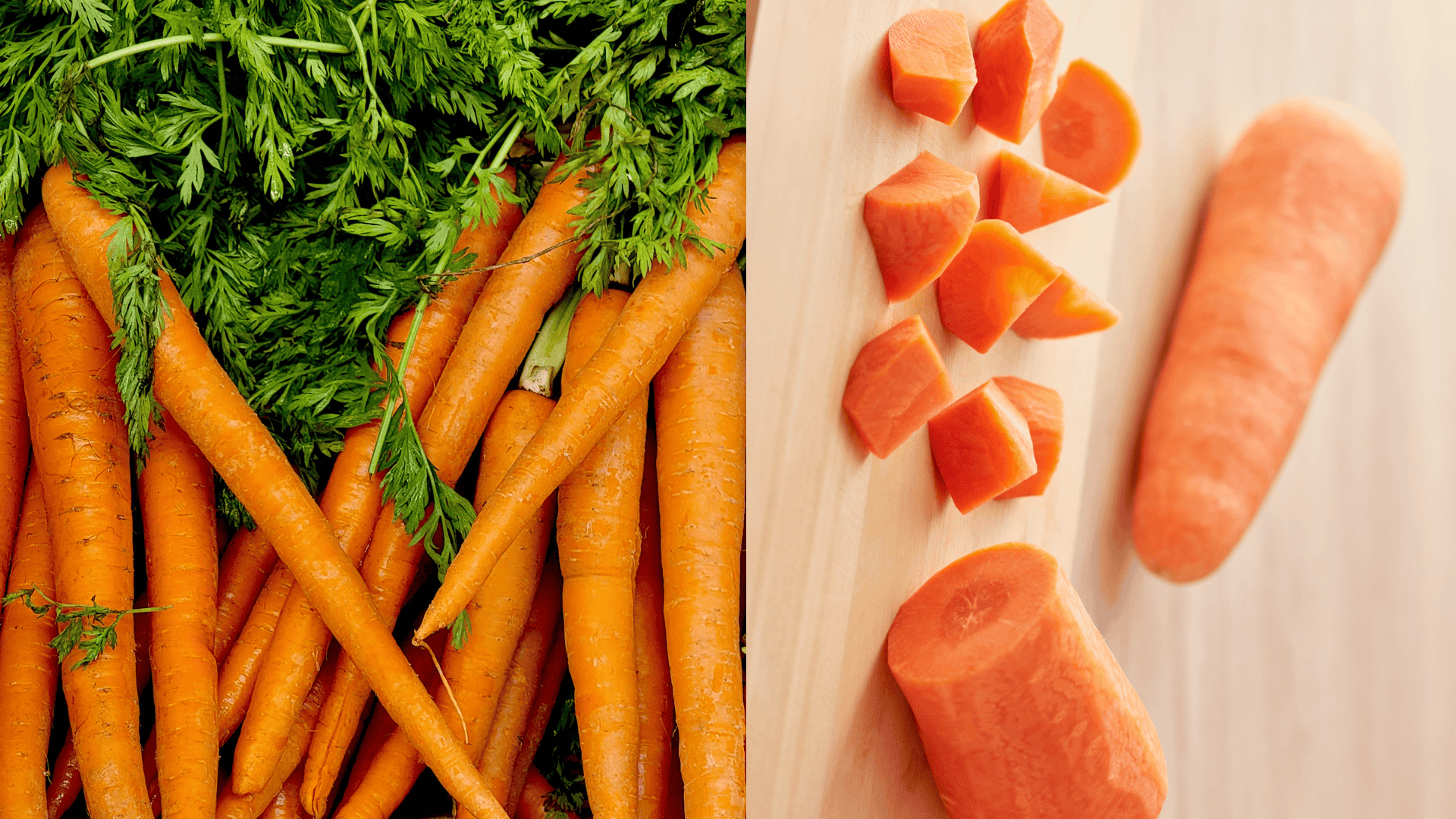
Carrots break up compacted soil with their taproots, improving drainage and air circulation around Brussels sprout roots.
The two crops mature at different times, allowing you to harvest carrots before Brussels sprouts need maximum space.
Planting Tip: Plant carrots between Brussels sprout rows for efficient space use.
11. Celery
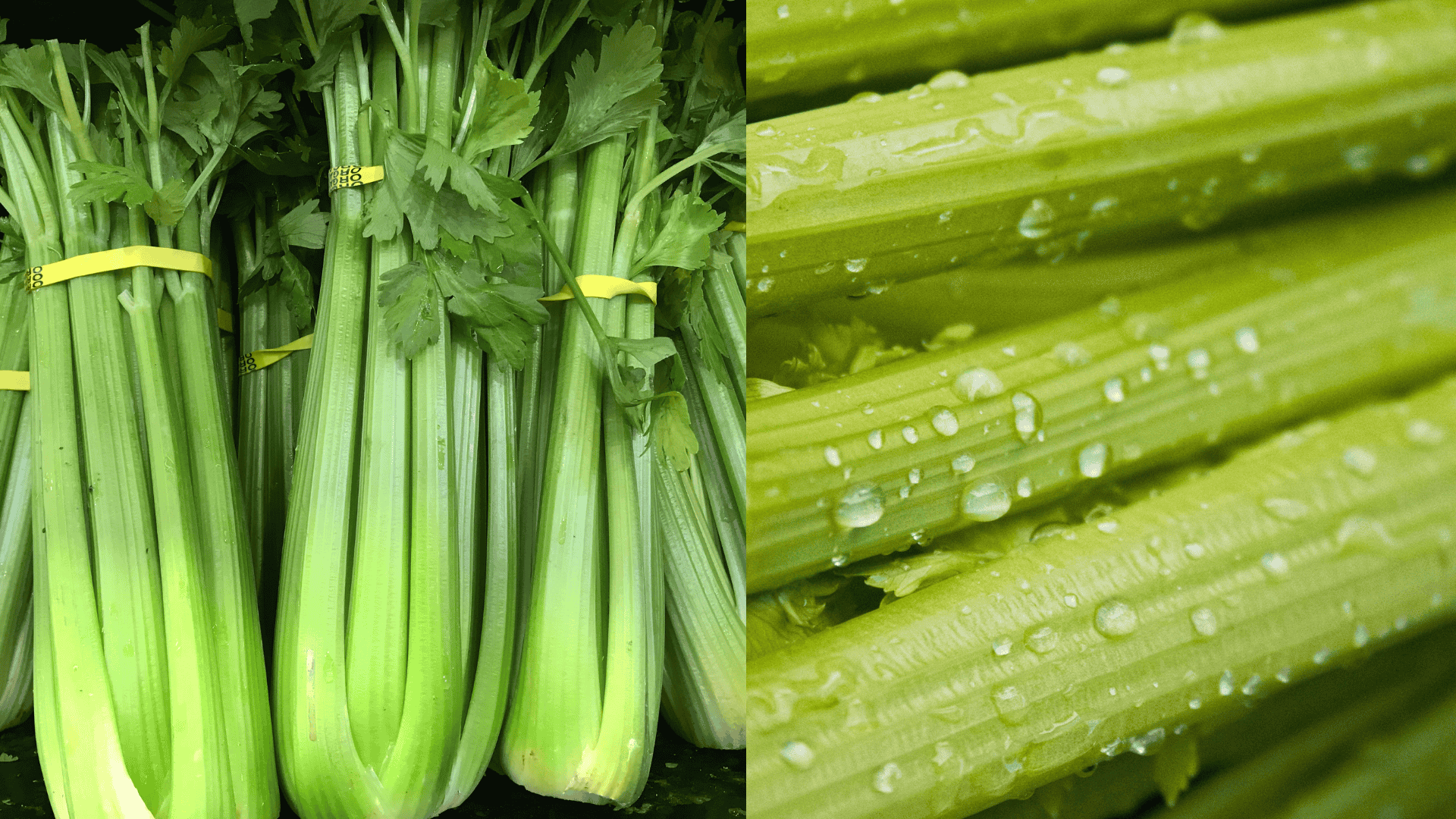
Celery repels white cabbage butterflies whose larvae damage Brussels sprouts.
It also has a shallow root system that won’t interfere with Brussels sprout growth.
Planting Tip: Arrange celery in staggered rows alongside Brussels sprouts.
12. Spinach
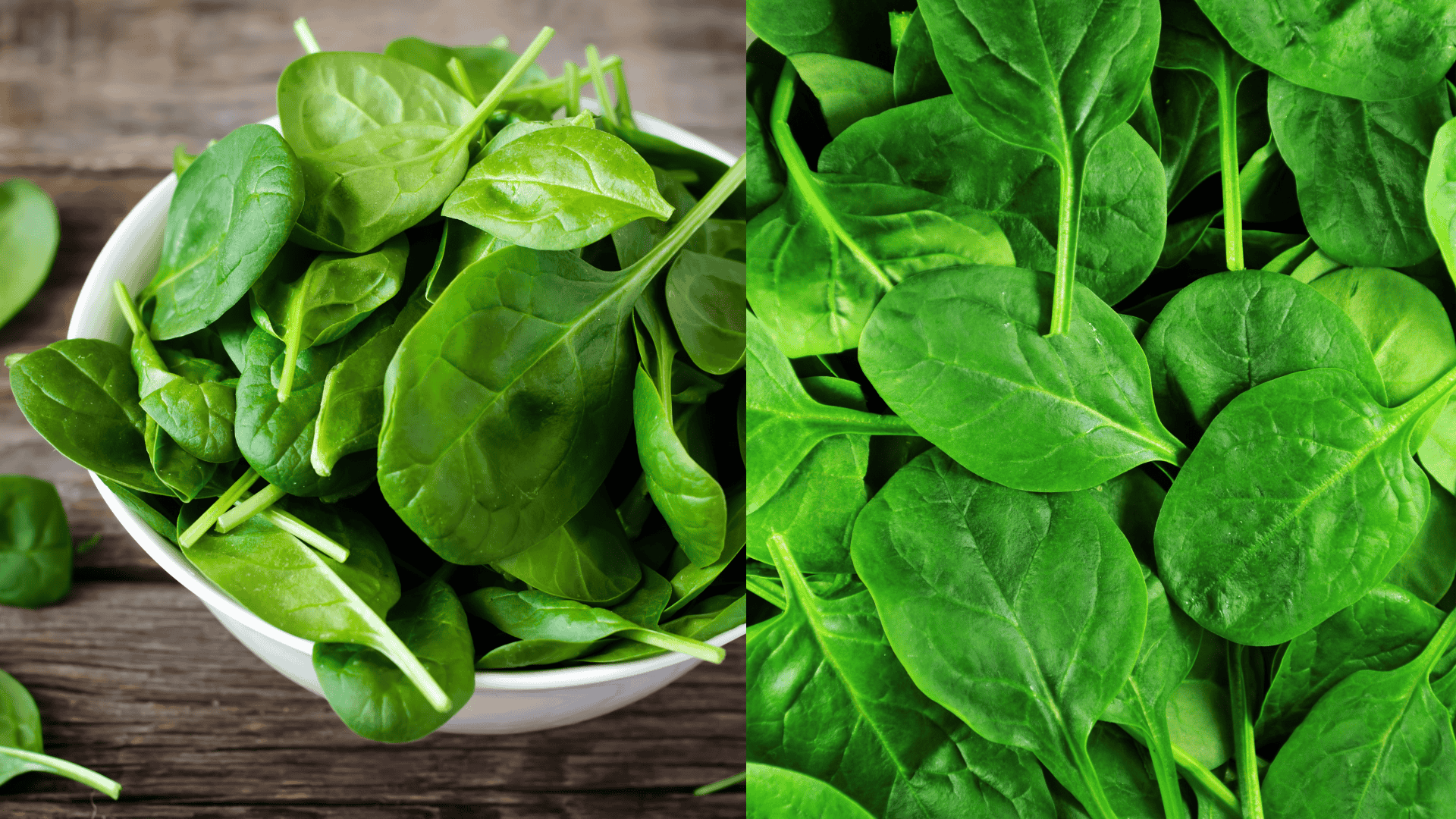
This fast-growing leafy green can be planted around Brussels sprouts in early spring.
Spinach matures quickly and can be harvested before Brussels sprouts reach full size.
Planting Tip: It also provides ground cover that suppresses weeds and keeps soil cool.
13. Marigolds
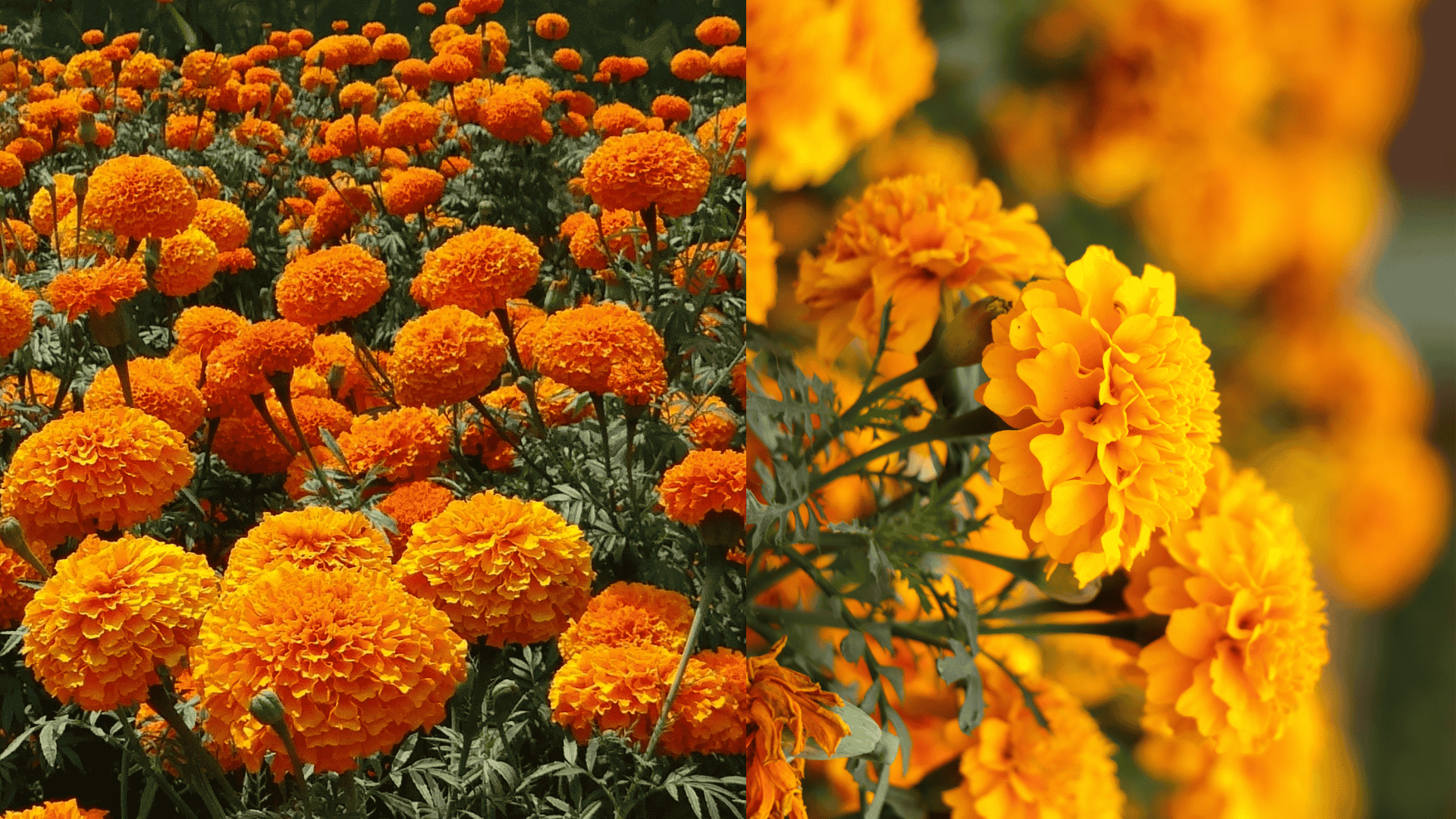
Marigolds are perhaps the most popular companion flowers for vegetable gardens.
They release chemicals that repel aphids, whiteflies, and nematodes. French marigolds work particularly well.
Planting Tip: Plant them in borders around your Brussels sprout beds.
14. Nasturtiums
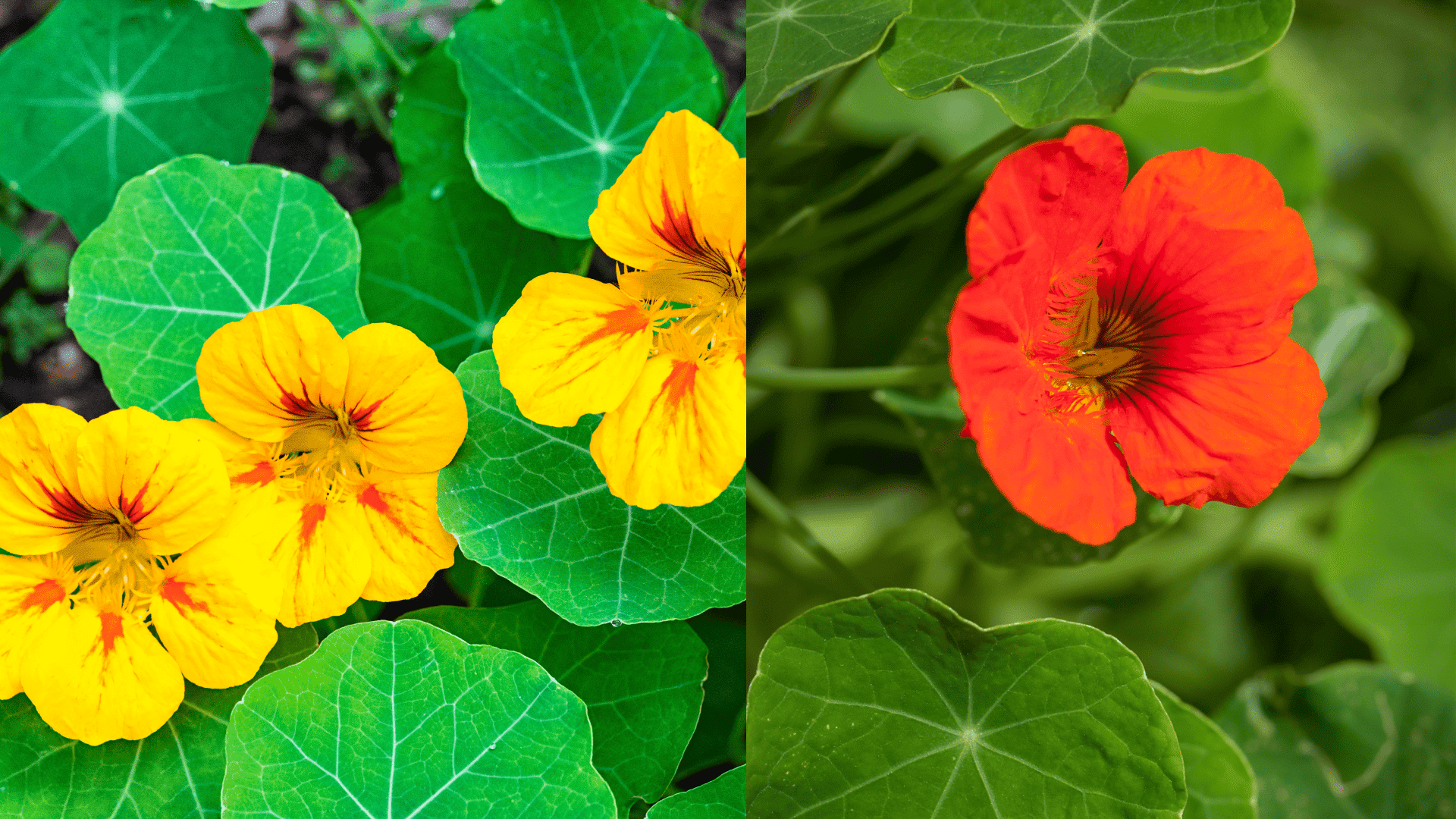
These bright flowers work as trap crops by pulling aphids away from Brussels sprouts.
Flea beetles and whiteflies prefer nasturtiums too, protecting your main vegetables from damage.
Their fast growth and colorful blooms make them both functional and beautiful additions to any vegetable garden.
Planting Tip: Plant them at the edges of your garden to draw pests away from your main crops.
15. Calendula
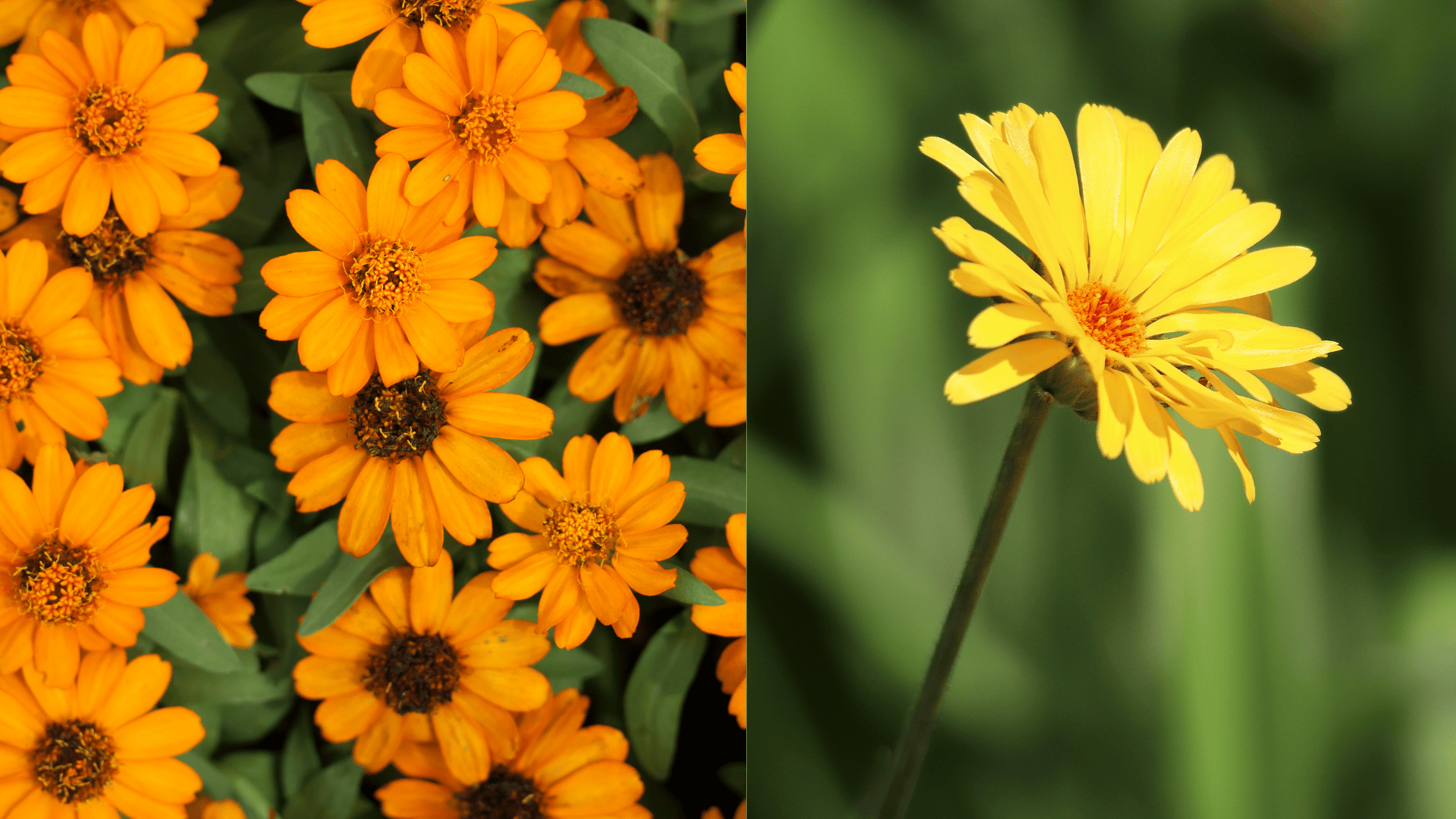
Calendula brings in helpful insects like lacewings and hoverflies that feed on aphids.
It adds beautiful color to your garden while protecting your Brussels sprouts all season long.
Planting Tip: Plant calendula throughout your Brussels sprout patch for continuous pest protection.
Plants to Avoid Growing Near Brussels Sprouts
Keep these plants away from your Brussels sprouts to prevent pest problems, nutrient competition, and poor growth.
- Strawberries: It attract slugs and snails that move from berry plants to attack young Brussels sprout leaves.
- Tomatoes: Avoid planting Brussels sprouts near tomatoes since both compete heavily for nutrients, which can stunt growth and reduce yields.
- Pole Beans: Their tall vines grow quickly and cast shade on Brussels sprouts and since Brussels sprouts need full sun to develop properly, It’s better to avoid pole beans.
- Mustard Greens: It’s better to avoid these as they attract identical pests and diseases, which spread quickly between crops.
- Melons: Keep melons away as their vines compete with Brussels sprouts for space, water, and nutrients, while their extensive root systems draw away moisture.
Conclusion
Planting Brussels sprouts with the right companions makes your garden healthier and more productive.
Well, you’ve learned which herbs repel pests, which vegetables improve soil, and which flowers attract helpful insects.
And now, you also know which plants to keep away to avoid nutrient competition and pest issues.
Start small by adding just two or three companions this season and observe the results.
Ready to try these tips in your garden?
Share which combinations worked best for you in the comments below!
Frequently Asked Questions
Can You Plant Brussels Sprouts Next to Broccoli?
It’s best to avoid planting Brussels sprouts next to broccoli, as both belong to the brassica family and compete for nutrients, attracting similar pests and diseases.
Where’s the Best Place to Plant Brussels Sprouts?
Brussels sprouts grow best in full sun with well-drained, fertile soil rich in organic matter. Choose a spot with good air circulation to reduce pest and disease problems.
Do Brussels Sprouts Like Epsom Salts?
Epsom salts can benefit Brussels sprouts if the soil lacks magnesium. They may improve leaf health and chlorophyll production but should be applied cautiously after a soil test.

